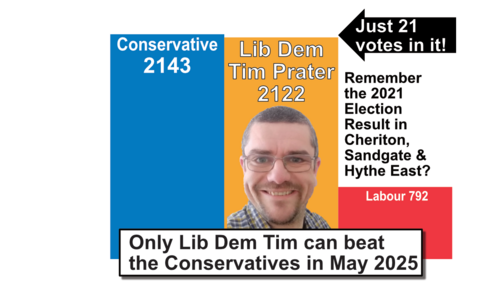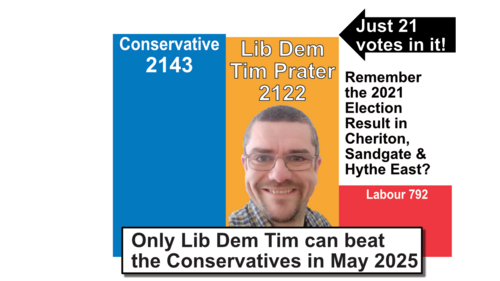Allowing Councillors to express views: the Localism Bill
An update from Kent County Council: Secretary of State for Communities and Local Government, Eric Pickles, has confirmed the government intends to clarify how the law on bias applies to local councillors in the forthcoming Localism Bill. Mr Pickles has indicated that the Bill will:
- Make it clear that councillors have a right to have a preliminary view and can freely discuss and publicise their view and voting intentions as they see fit. However, this is on the basis that councillors must be prepared to listen to all of the arguments and evidence before making their decision.
- Make it a criminal offence to fail to register an interest or deliberately seek to mislead the public about an interest.
These proposals follow the government's announcement that it will abolish the Standards for England and the model code of conduct established by the Board.
Source: http://www.communities.gov.uk/news/corporate/1768609
County Councillor Tim Prater said:
"About time too. This change in law will free Councillors from ridiculous rules that make it hard for them to campaign and lobby on issues important to their constituents as they would then be excluded from being able to vote on any decision. Of course Councillors should be prepared to listen to all sides and arguments before coming to a view, but the Localism Bill will free Councillors to stand up for their local area.
"The strong influence of Liberal Democrats in Government can be seen in this decision: sweeping away rules that make it harder for local councillors to stand up for their area."
Update: Iain Roberts (www.twitter.com/CllrIainRoberts) has been in touch to suggest this post is clarified - thanks Iain! The rules on "bias" in our understanding applies to Councillors in terms of planning issues and not wider. The government press release linked to above suggests other Councillors have been put off campaigning on other issues, but we're not aware of restrictions on campaigning or predisposition outside of planning issues, even if some may perceive it as an issue.
In Shepway recently for example, a Councillor who had campaigned for years against Lydd Airport Expansion and stated his opposition to it was barred from attending the meeting to consider it. He would have listened to all evidence, but that didn't matter: he was deemed not able to even attend, let alone vote.
Planning issues are often contentious issues locally. It's right that voters should know how their Councillors (or potential Councillors) stand on local issues without the threat that, if they say so, they may be barred from having a vote. Equally, as community representatives, Councillors should be able to play a full part in local campaigns and support local residents - again, without the threat that if the issue is a planning one, they may be disbarred from taking part in the decision later.

Sign up
for email updates


